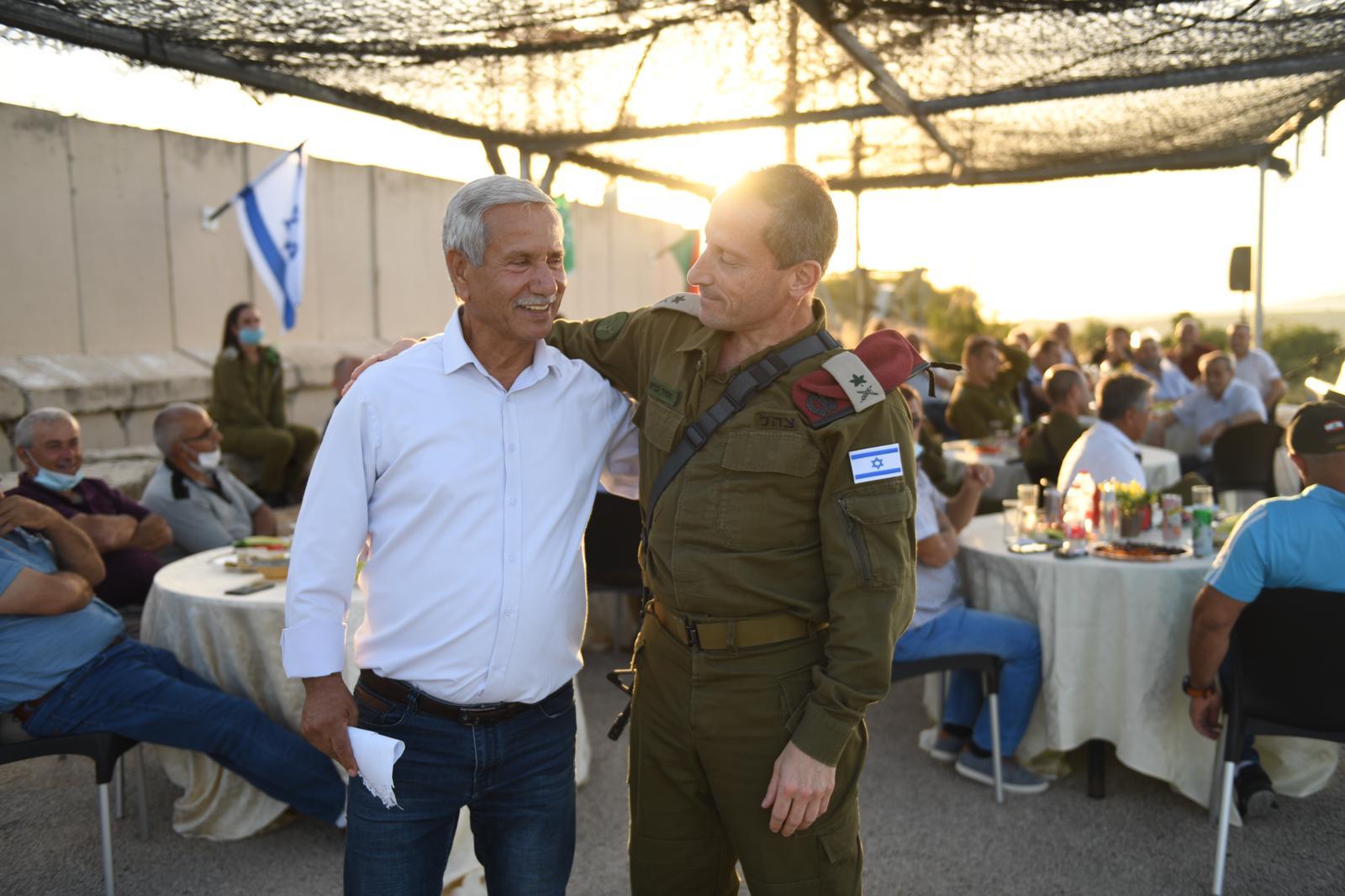

But more than the costs – Israel had invested billions in the Gaza Strip and still had no problem abandoning it – it’s the way the project was presented by the ministry. The plan for the new highways constitute a stern message from the Defense Ministry that Israel is there to stay – seeing as the projects’ costs will reach billions of dollars.

443, which is an alternative highway from the coast to Jerusalem. The Mateh Binyamin Regional Council, which is adjacent to Ramallah and includes major Israeli settlements such as Beit El and Ofra, will be connected directly via a new highway to Rt. 60, a south-north road that stretches from Beer Sheva to Nazareth through Judea and Samaria, will become a four-lane highway.

The paper offers an intriguing prism by which to observe the notion of sacrifice in war-a lens onto understanding the most fundamental values of a community and at the same time opening the door to exploring this genre in other nations.Rt. The paper argues that since 1982, the IDF has used a more restrained language in calling soldiers to battle, reflecting both the changing status of sacrifice in Israel and the corresponding change in the IDF's status. This data, covering a time-span of 66 years, provides insights into the language of the call to risk life, revealing a new prism to observe on the fundamental change of approach regarding the ultimate sacrifice demanded of Israeli citizens. Findings indicate a move from Jewish sentimental exhortations that prevailed from 1948 until 1973, towards rational exhortations between 19. This paper integrates narrative and hermeneutic methods to analyze a pioneering database of 289 missives written between 19, revealing the changing motivations and justifications for entering combat as given by Israeli commanding officers. Short texts, battle missives are sent to soldiers on the eve of battle to mobilize them to fight and justify the possible risk of life. What exhortations were given to Israeli citizens when sent to a possible sacrifice of life in war? This paper introduces the genre of 'battle missives' written by Israeli Defense Force (IDF) commanders as a prism to investigate this question. By presenting a novel account of contemporary tunnel warfare from the perspective of the combatants themselves, this research sheds new light on the different personal dimensions that impact post-heroic military operations.
#Israel defense zone judea 206 professional
This exploratory article suggests that an individual "warrior ethos" still resonates amid the professional and technological contours of post-heroic (underground) conflicts. Findings based on in-depth semistructured interviews with 17 IDF tunnel combatants show these soldiers actively reinterpreting the strategic importance placed on distancing the warrior from the battlefield. Little attention has been given however to the ways in which soldiers themselves experience and adapt to post-heroic conditions. Current scholarship on "post-heroism" has viewed the technological and professional standards of contemporary military conflicts as distancing the individual combatant from the modern battlefield. This study presents an empirically grounded account of tunnel combat operations in the Israel Defense Forces (IDF) within the context of "post-heroic" warfare. In a broader sense this article argues that while scholars have mostly focused attention on the institutional forces and political consequences of ‘religionization’ within Israeli society, they have missed the many vernacular ways in which Israelis mobilize and instrumentalize their use of ritual and religious practices in both military and civilian contexts. We demonstrate how amidst the low-level and long-term style of contemporary asymmetrical warfare, ritual practices can often function less as the matrix for broader meaning making systems but are rather mobilized in ways that are meant to support certain practical and pragmatic goals. In this way, we seek to push back against what we term the ‘faith in a foxhole’ paradigm, where religion is primarily seen as a meaning-making system whose nearly sole function is to aid soldiers in coping with the chaos and uncertainty of combat. We argue for an anthropological perspective that highlights the modes through which rituals serve efficacious - as opposed to semiotic - ends. This chapter explores the vernacular roles that religious practices and experiences play within contemporary combat units of the Israel Defense Forces (IDF).


 0 kommentar(er)
0 kommentar(er)
